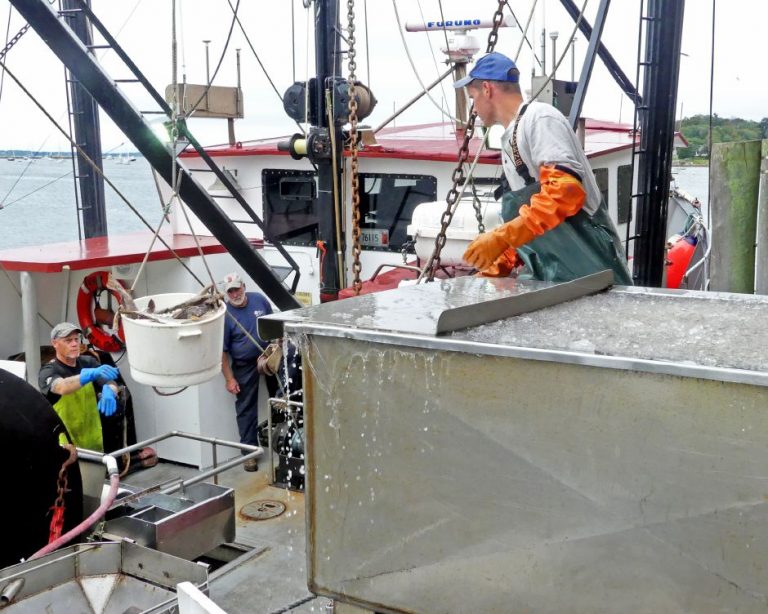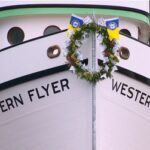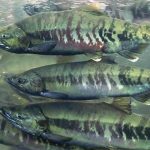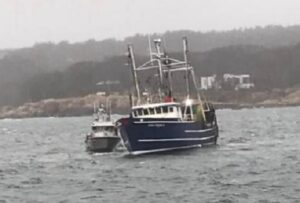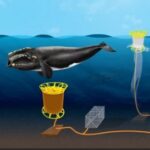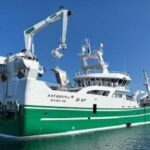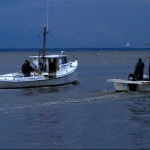Daily Archives: October 2, 2018
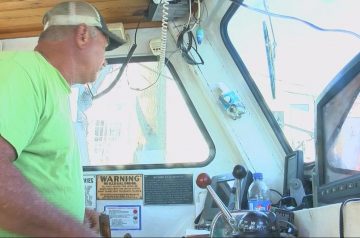
Shrimper hoping to salvage harvest season plagued by Hurricane Florence
Stanley Hall normally welcomes hurricane season, not because of its potentially negative impacts, but because it’s harvest season for shrimping. “This is the height of the season. This is when it normally gets good,” said Hall. “We got to make it right now because shrimping won’t start back until July.” For shrimpers like Hall, who operates his 40-foot vessel, Seabrook, out of Varnamtown, right now is not so good. “All the rain from Hurricane Florence has sent the shrimp out of the river prematurely, so they had no time to grow,” >click to read<18:26
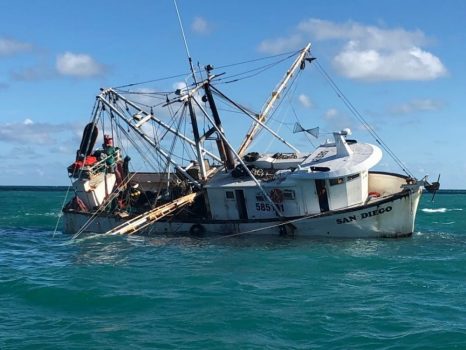
Coast Guard, partner agencies respond to diesel spill from grounded vessel northwest of Key West
The Coast Guard and partner agencies are responding to a diesel fuel spill that occurred approximately 7 miles northwest of Key West, Tuesday. At approximately 8:46 a.m., watchstanders at Coast Guard Sector Key West received a report of the fishing vessel, San Diego running aground on the Northwest Channel Jetty. Watchstanders launched a Coast Guard Station Key West 45-foot Response Boat—Medium crew who arrived on scene, embarked the four people that were aboard the vessel and determined the hull was breached causing pollution in the area. >click to read<14:19

Environment commissioner says Ottawa waited too long to act in protecting at-risk whales
As Ottawa tries to prove it is doing enough to protect Southern resident killer whales to the courts, the nation’s environmental watchdog says the government has been slow to protect at-risk whales. In her latest audit, Environment Commissioner Julie Gelfand says Ottawa waited until the killer whale population off the B.C. coast reached dangerously low levels, and when 12 North Atlantic right whales died in a single summer, before taking action. >click to read<13:55
Feds have failed to protect marine mammals: environment commissioner – >click to read<
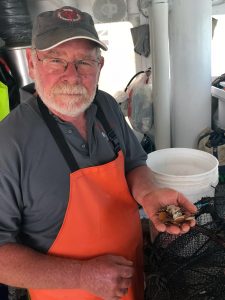
Why Maine Lobstermen Are Looking To Farmed Scallops To Stay Afloat
Marsden Brewer is a third-generation Maine fishermen who docks in Stonington. “I’ve been involved in all the fisheries over my lifetime,” he says. These days it’s mostly lobster, but he has fished cod and shrimp, and carted urchin to market. They were all once-vibrant species, but now they’re mostly off-limits after being overfished and weakened by climate change. “I’ve seen the collapse and been part of the collapse of most of the fisheries. Not intentionally, but just the way it was set up to work it wasn’t sustainable, and this project here is looking at sustainability in a fishery,” he says. The project Brewer refers to is a 20-year effort to diversify his business by developing a profitable scallop farm. >click to read<12:53

Eastern Maine Skippers event focuses on rapid changes in fishing industry
More than 100 Downeast area high school students gathered at the Schoodic Institute last week as part of the Eastern Maine Skippers Program to learn about these changes. The event was the first of four “cohort” days for the program, in which students from the participating high schools meet one another, hear from industry leaders and begin shaping projects they will work on during the coming school year. “This brings in kids from all these different communities and they get to know each other work together,” said Mike Thalhauser, a fisheries science and leadership advisor with the Maine Center for Coastal Fisheries. >click to read<10:45
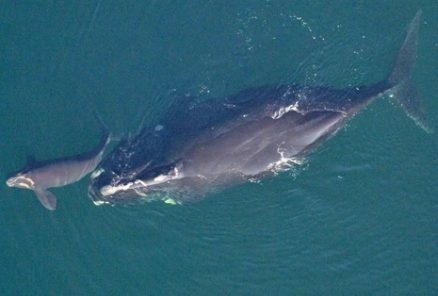
Regulators meet next week to consider actions to save right whales which could drastically change lobstering
Proposals to close the fishery in the western Gulf of Maine south of Cape Elizabeth during April, cut the number of seabed-to-surface lines that can entangle whales, and become a ropeless fishery by 2020 are among the ideas to be discussed next week in Providence, Rhode Island, by the team of scientists, fishing groups and animal rights activists tasked with saving the right whale from extinction.,,, In their proposal, The Humane Society of the United States, Defenders of Wildlife and Center for Biological Diversity – which together sued the federal government for not doing more to protect whales from lobster gear – outline a fast-moving plan to transition to a ropeless fishery, requiring all new entrants to the federal fishery be rope-free by Jan. 1, and that all participants in any Atlantic trap or pot fishery, including Maine’s, use only ropeless gear by Jan. 1, 2020. >click to read<09:03






